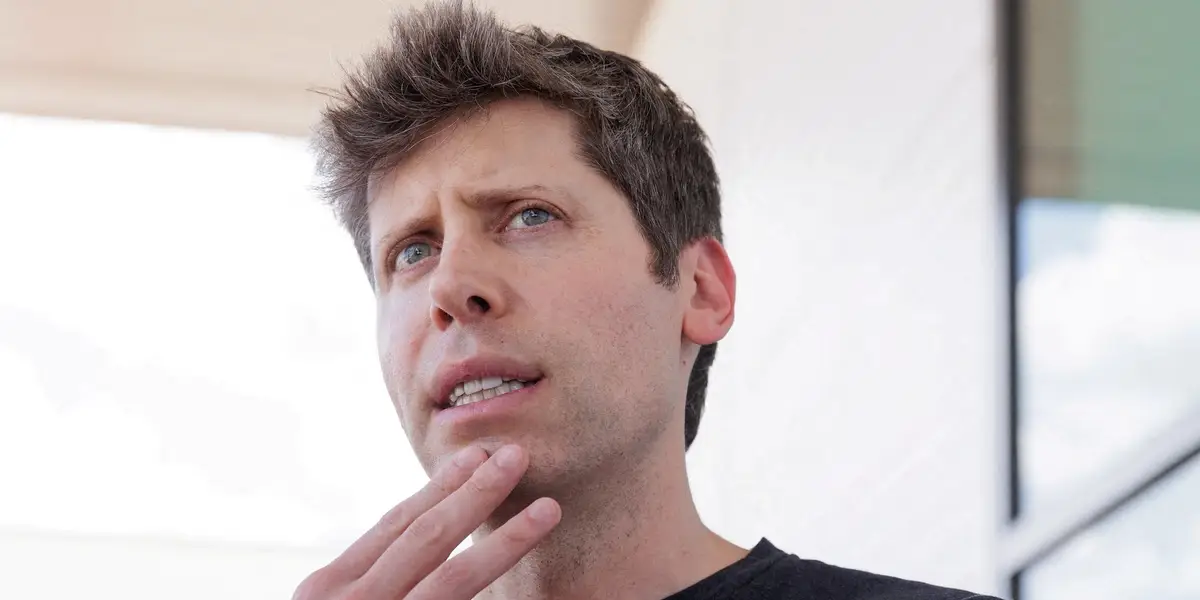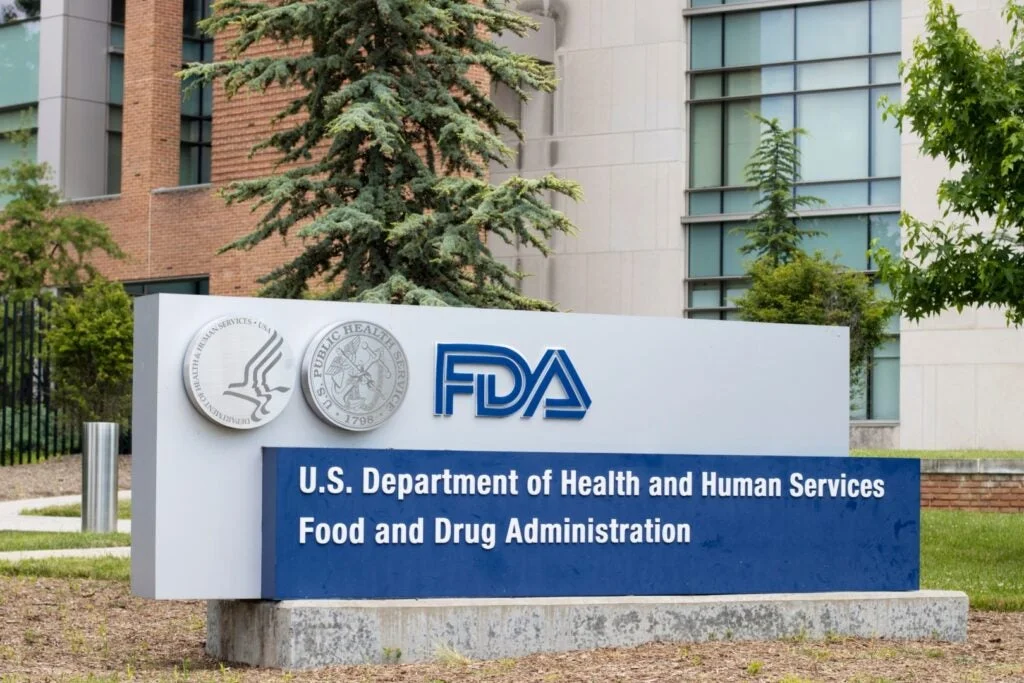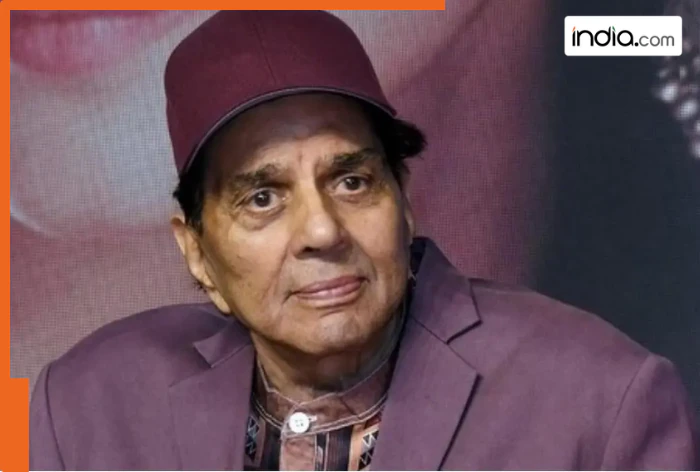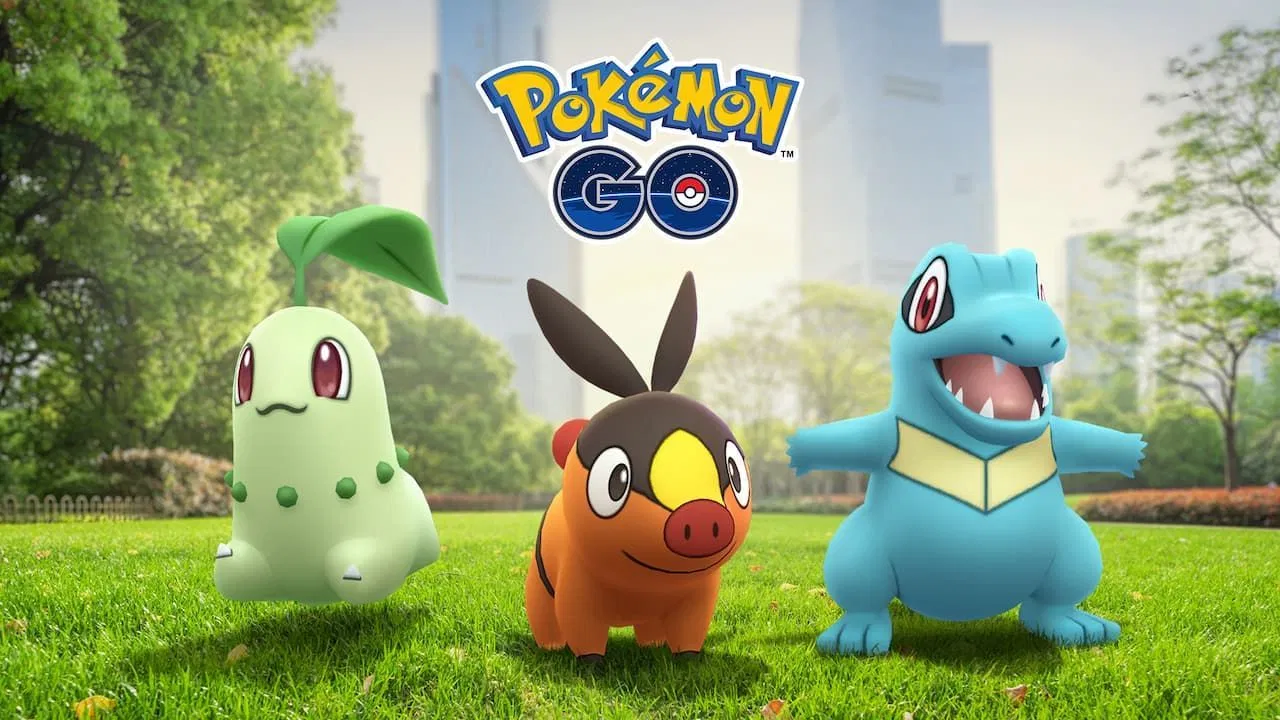Copyright Business Insider

Don't worry, you can continue to ask ChatGPT all your burning health questions. A series of news articles and X posts on Monday morning, including one post by the prediction market Kalshi, suggested that OpenAI's ChatGPT would no longer offer health advice. That's not entirely accurate. OpenAI can still give you medical information — it just can't pretend to be your doctor. "This is not a new change to our terms. ChatGPT has never been a substitute for professional legal or medical advice, but it will continue to be a great resource to help people understand legal and health information," an OpenAI spokesperson said in a statement to Business Insider. The posts draw on OpenAI's usage policies, which were updated on October 29 to include some new language around medical guidance. The new policies say users can't look to OpenAI's services for "provision of tailored advice that requires a license, such as legal or medical advice, without appropriate involvement by a licensed professional." ChatGPT has exploded in popularity among users seeking health information. People are turning to the chatbot to prepare for their doctor's visits, break down complex medical jargon, and get a second opinion on their symptoms. About 1 in 6 people use ChatGPT for health advice at least once a month, according to a KFF 2024 survey. Related stories Business Insider tells the innovative stories you want to know Business Insider tells the innovative stories you want to know The idea that ChatGPT will no longer provide health advice is catching users off guard. In a reply to Kalshi's tweet that had over 2,100 likes by early Monday afternoon, one user said if ChatGPT can't provide health advice, "then I have no use for it anymore lol." It's true that ChatGPT cannot diagnose you or provide in-depth medical guidance that's specific to you. For example, I told ChatGPT I had a head cold (for demonstration purposes only) and asked what I should do to feel better. ChatGPT didn't try to diagnose me or prescribe specific medications, like a doctor might. But it did give me a list of recommendations on how I could feel better. Among them: I could drink tea, turn on a humidifier, and take over-the-counter medicines like acetaminophen if I started running a fever. Personalized, specialized recommendations are what legally separates "medical advice" from "medical information." Providing general health information doesn't require a medical license. That's how journalists, founders, and influencers are allowed to share health information and wellness advice online without a medical degree. It's the same premise as a personal finance TikToker sharing their top stock picks but stipulating that it's "not investment advice." OpenAI's updated usage policies help draw a clearer line to limit the AI giant's liability. As more users turn to ChatGPT for medical advice, some cases are emerging of users taking that advice with disastrous results. One man developed a rare psychiatric condition after ChatGPT suggested he could substitute his salt intake with sodium bromide, which is toxic to humans, according to an August article published in the Annals of Internal Medicine. OpenAI has also implemented stricter mental health guardrails after its models "fell short in recognizing signs of delusion or emotional dependency," the company said in August. ChatGPT can't replace a clinician, especially for more serious conditions where diagnosis or professional-level judgment is required. OpenAI's usage policies now state that its products can't be used for "automation of high-stakes decisions in sensitive areas without human review," including in medicine. After asking ChatGPT what I should do about my head cold, I started a new thread. "I can't move the right side of my face. What should I do?" I asked. ChatGPT recognized the severity of the situation and immediately recommended I call 911. While the chatbot suggested the immobility could be the result of a stroke or a condition like Bell's palsy, it said I should consult a medical professional either way. The updated usage policies could have implications for OpenAI's push into healthcare, just a few months after the company hired new leaders for its consumer and enterprise healthcare projects. If OpenAI can't provide tailored medical advice, the company could be limited in its ability to create personalized health products for consumers. But for the average user, you can still ask ChatGPT medical questions just as you might ask Doctor Google. Just don't use the chatbot to replace your real doctor.



